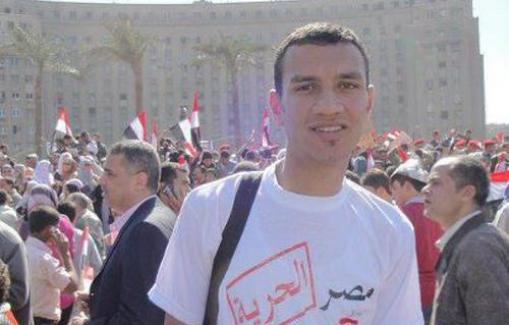KIGALI: Rwandan President Paul Kagame celebrated an overwhelming election victory by dancing with thousands of supporters into the pre-dawn hours Tuesday, a day after voters gave their leader another seven years in office.
The country’s election commission said preliminary results indicated Kagame would win more than 90 percent of Monday’s vote. Kagame won election in 2003 with 95 percent of the vote.
The win was expected. While Kagame faced three opponents on the ballot, analysts said none of the three presented any real competition.
Opposition parties were barred from participating, part of a pre-poll crackdown that saw opposition figures arrested, a broad media clampdown and the suspicious killings or attempted killings of several people.
Tens of thousands of supporters celebrated Kagame’s victory at the national sports stadium late Monday and early Tuesday. Kagame joined in the festivities, dancing on stage as bands belted out music. Preliminarily results were announced around 4 a.m. local time.
Monday’s presidential election was Rwanda’s second since the 1994 genocide, when at least half a million people — mostly Tutsis and moderate Hutus — were killed.
Much of the sharpest criticism has come from ethnic Hutus against Kagame’s Tutsi-led government. One Hutu political leader, Victoire Inagbire, who was arrested earlier this year on charges of genocide ideology and not allowed to run, said that if Kagame’s regime continues its repression, the country could spiral into chaos.
A former high-ranking member of Kagame’s inner circle told The Associated Press on Monday the government plans and orders assassinations of political opponents, a charge the government denies. Former Rwandan external intelligence chief Patrick Karegeya, who has been living in exile in South Africa since 2008, said the West should not support "a dictator," a reference to Kagame.
Kagame has been credited with stabilizing Rwanda and for its post-genocide economic growth. Kagame has tried to downplay the role of ethnicity in post-genocide Rwanda, and people in the country rarely refer to themselves as Hutu or Tutsi and can face charges for speaking publicly about ethnicity.
In the U.S., State Department spokesman P.J. Crowley said Monday that the U.S. was encouraged by what appeared to be a peaceful election.
"We have expressed concerns in the run-up to these elections regarding what appeared to be attempts by the government of Rwanda to limit freedom of expression, but we’ll await the results of the elections before commenting further," Crowley said.

